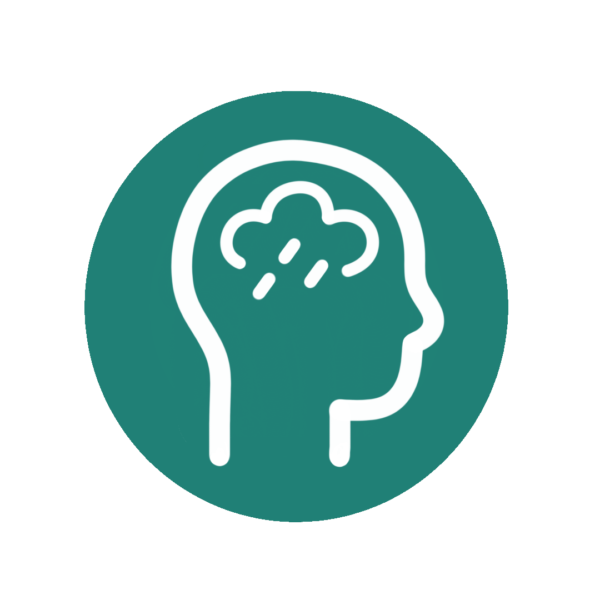What is postpartum depression?
Mental health

Becoming a parent is often exciting, but also can be overwhelming — especially if it’s your first time. If you feel sad, lonely, or have severe mood swings and frequent crying spells, you may have what’s called postpartum depression.
What is postpartum depression (PPD)
Postpartum depression is a form of depression that affects about 1 in 10 mothers after childbirth — often as a result of hormonal, physical, or social changes.
PPD manifests as extreme feelings of sadness, loneliness, mood swings, or obsessive thoughts of harming yourself or the baby.
How to differentiate PPD from baby blues
Over half of all new mothers develop baby blues after delivery. PPD affects up to 15%. Both come with similar symptoms such as:
- Frequent bouts of crying for no apparent reason
- Feeling of sadness, feeling overwhelmed
- Loss of appetite
- Trouble sleeping
- Mood swings
The symptoms of PPD are more severe, with feelings of alternating highs and lows, frequent crying, irritability, and fatigue, as well as feelings of guilt, anxiety, and inability to care for your baby, yourself, or any of your responsibility.
Both conditions usually begin in the first week after delivery, but while baby blues usually subsides within two weeks without treatment, PPD can last for months and may not resolve until it is treated by a professional.
Why does postpartum depression happen?
At the basic level, depression results from an imbalance in the chemicals that regulate the body’s mechanisms, and pregnancy and childbirth can cause a sudden imbalance in body hormones.
The levels of estrogen and progesterone, the female reproductive hormones, increase tenfold during pregnancy. Then, they drop sharply after delivery. By 3 days after a woman gives birth, the levels of these hormones drop back to what they were before pregnancy.
Since PPD often starts in the first 4 days after giving birth, it’s likely triggered by these sudden hormonal changes.
Risk factors of PPD
Researchers don’t know exactly how PPD arises, but these factors are known to increase your risk:
- A personal or family history of depression, postpartum depression, or premenstrual dysphoric disorder (PMDD)
- Pregnancy complications like health conditions, difficult delivery, or premature birth
- Being younger than 20 or a single parent
- Having a baby with special needs or a baby who cries a lot
- Marital or relationship conflict
- Limited social support
- Ambivalence about the pregnancy
How to know if you have PPD
You are likely to have postpartum depression if you develop some of these symptoms after your childbirth and they have lasted for more than two weeks:
- Feeling sad most of the day
- Crying a lot
- Eating too much or too little
- Sleeping too much or too little
- Withdrawing from family and friends
- Feeling disconnected from your baby
- Difficulty completing everyday tasks, including caring for your baby
- Feelings of guilt
- Fear of being a bad mother
- Excessive fear of hurting yourself or your baby
Seek help immediately if you feel any of these symptoms. PPD doesn’t only affect you but also affects your child’s physical, cognitive, and emotional development. Talk to someone you can trust or seek professional help. PPD can be treated with medication and counseling, even during breastfeeding.
Thank you note
This article about postpartum depression was made in collaboration and with the support of the Pranaiya & Arthur Magoffin Foundation — Better Well-Being for Parent & Baby.
Verified:
Ketsupa Jirakarn (Mental health specialist) (1 August 2022)
Sources:
- Postpartum Depression Screening, Medline Plus
- Postpartum Depression Test (New & Expecting Parents), Mental Health America
- DEPRESSION DURING PREGNANCY & POSTPARTUM, Postpartum Support International
- Postpartum depression, Mayo Clinic
- Postpartum depression, WebMD
- Postpartum depression, Cleavland Clinic



